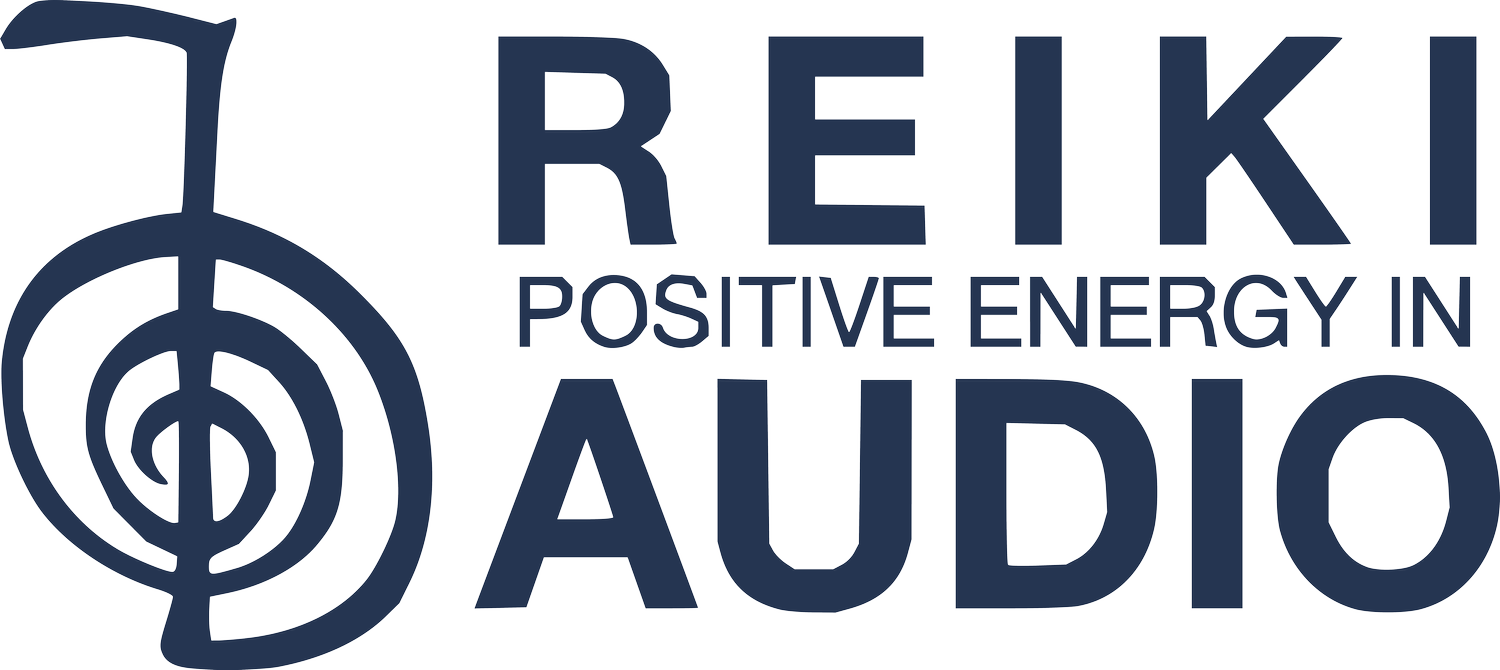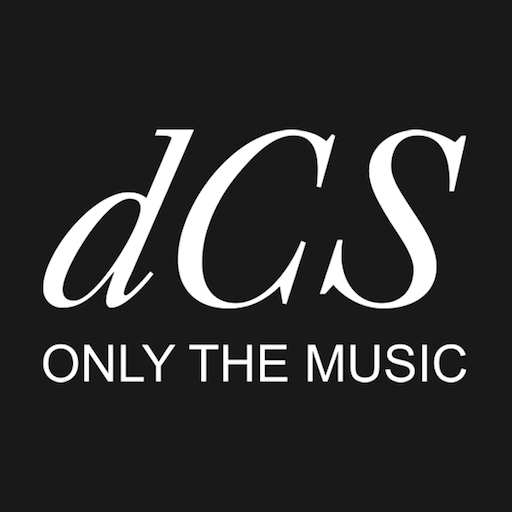The irony is that I've spent quite a bit of money over 15 years of streaming, tried all sorts of things, and for me by far the most effective result is cheap and could have been installed 10 years ago.
If you survey the offerings, you see some are designed towards the manufacturer's own system principles (Innuos, Taiko, SoTM), some are more flexible (Melco - an upgrade of their own mass-market board) and some are upgrades of good cheap switch boards, like the $30 Zyxel SG1200-8 and the $140 QNAP QSW-2014-2S.
It doesn't take long to realise why these choices are made and most people are using the same donor boards. The QNAP is very well made 10gpbs switch. The Buffalo is programmable. I have a Zyxel SG1200-8, I put my meter on it and it is incredibly quiet, emits hardly any noise, whereas the standard Netgear GS108 is very noisy.
A lot of the upgrades are very similar: - power supplies - voltage regulators - OXCO clocks - Casework
With Etherregen and Sonore their claims are ALL ABOUT the circuity. They go to the trouble of explaining all the functions and high quality parts. I was going to get one from Sonore to test the magic, they just aren't available. The Etherregen's main problem is what they don't do around the circuitry, because many people complain it gets very hot and some stick external heat sinks on it. That's bad design.
It is easy to see which ones are the result of R&D and which are the clones. From what I understand the Chord, NuPrime, ThunderData and several others are the same unit in different boxes, but people still compare them. I tried the Chord EE-1, actually bought one, and sold it soon afterwards.














